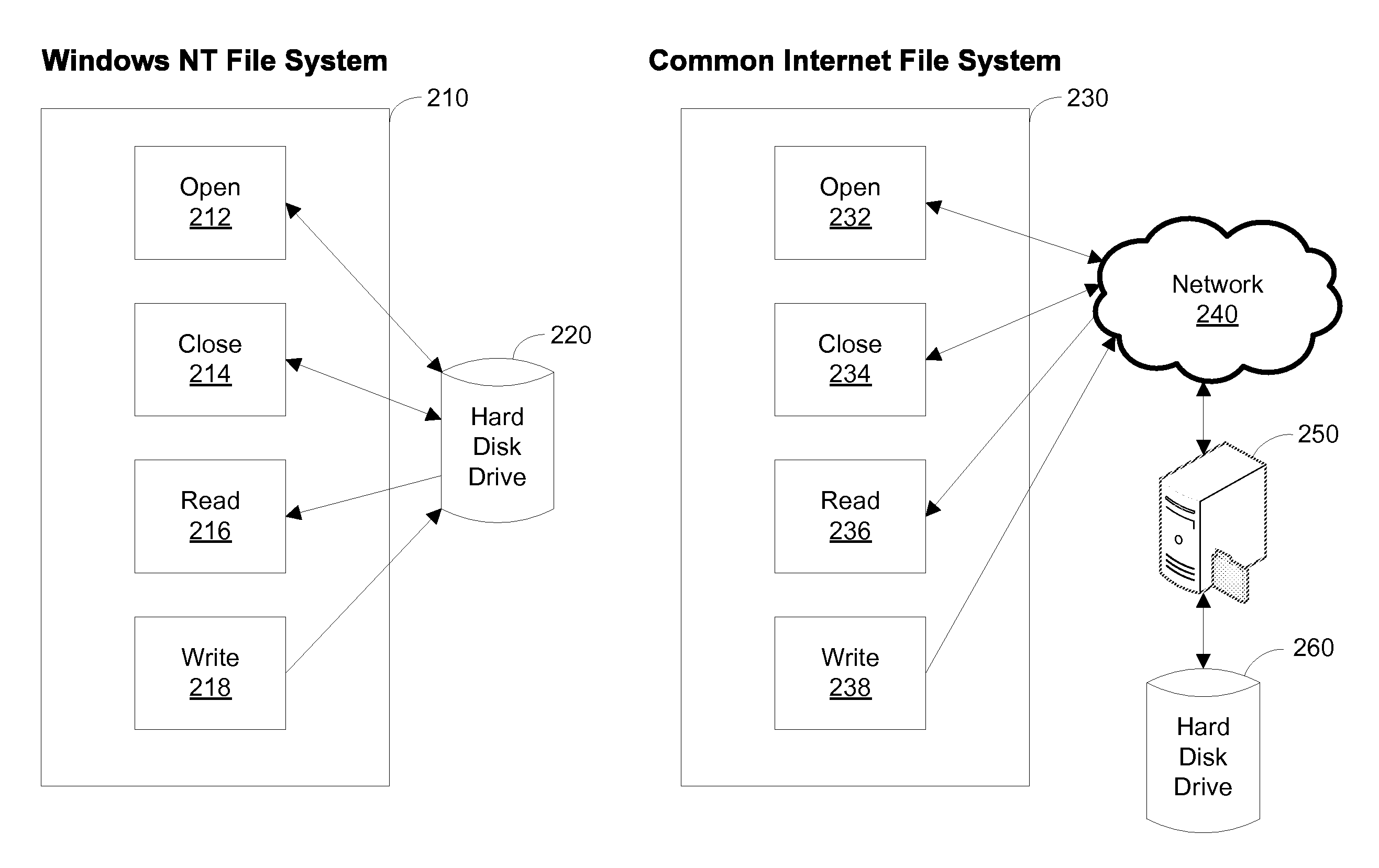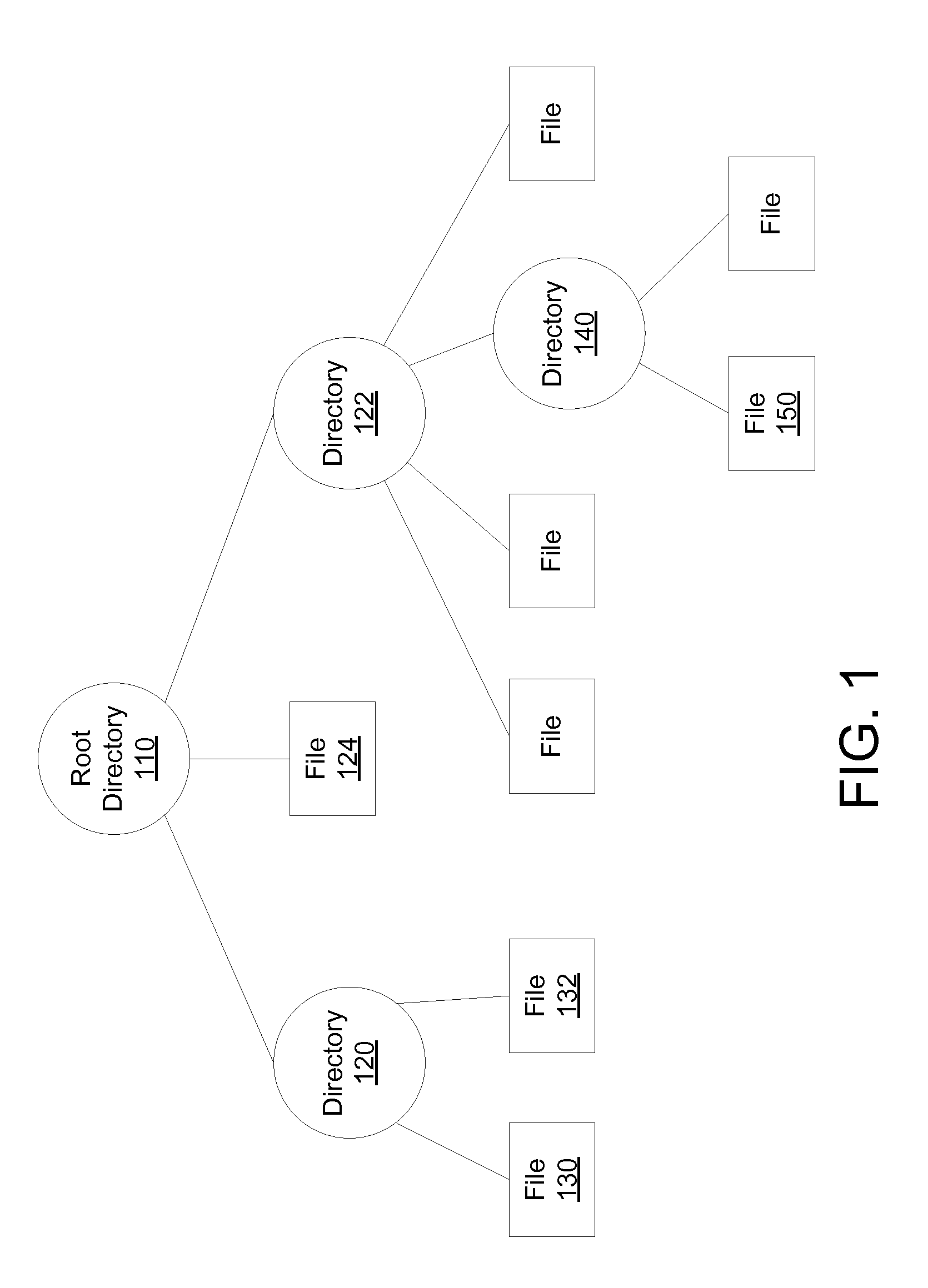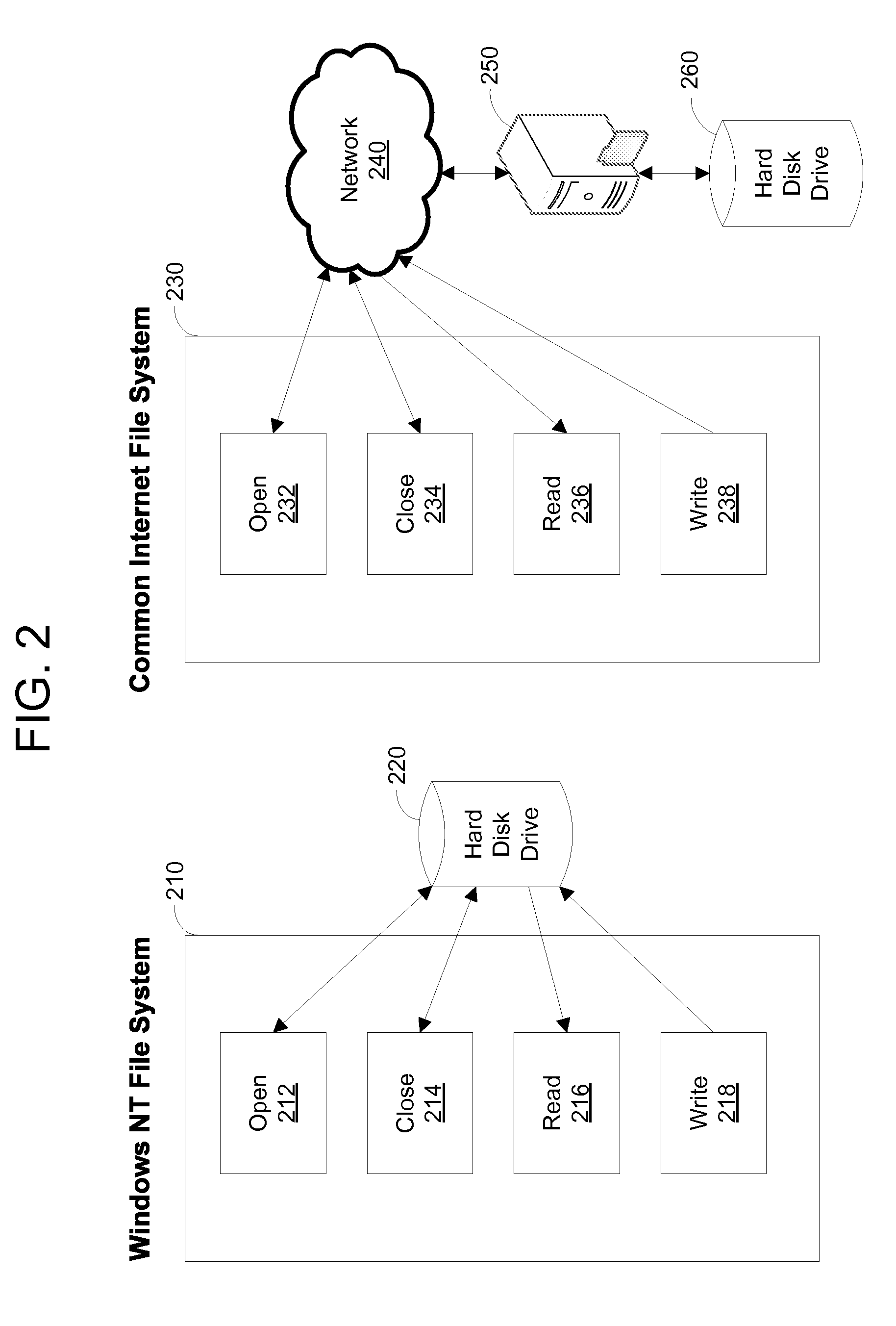Peer-to-Peer Redundant File Server System and Methods
a file server and peer-to-peer technology, applied in the field of large-scale computer file storage, can solve the problems of increasing the volume of data that must be processed and stored, affecting the stability of the server infrastructure, and increasing the volume of data that must be stored
- Summary
- Abstract
- Description
- Claims
- Application Information
AI Technical Summary
Benefits of technology
Problems solved by technology
Method used
Image
Examples
case 1
[0415]In case 1, when the node is rejoining the infrastructure after a crash, on reboot it should be able to identify the infrastructure it belongs to. Assuming this is the case (if it is not, the situation is handled in case 3), then for each of its volumes, the node should first identify whether it was a member of a peer set before crashing.
[0416]If it was a member of a peer set, it should send a message to the peer set primary, asking them to rejoin the set as a secondary member. If the primary member refuses the request, the node should delete the information regarding its previous peer set, it should delete the MDR relative to the set and should simply make itself known to System Management as a node that can operate as a DR server (a mechanism should be included to reclaim storage for stale DR data that is no longer usable) and peer set member. If it was not a member of a peer set, it should simply advertise its presence to System management and wait for peering requests or fo...
PUM
 Login to View More
Login to View More Abstract
Description
Claims
Application Information
 Login to View More
Login to View More - R&D
- Intellectual Property
- Life Sciences
- Materials
- Tech Scout
- Unparalleled Data Quality
- Higher Quality Content
- 60% Fewer Hallucinations
Browse by: Latest US Patents, China's latest patents, Technical Efficacy Thesaurus, Application Domain, Technology Topic, Popular Technical Reports.
© 2025 PatSnap. All rights reserved.Legal|Privacy policy|Modern Slavery Act Transparency Statement|Sitemap|About US| Contact US: help@patsnap.com



